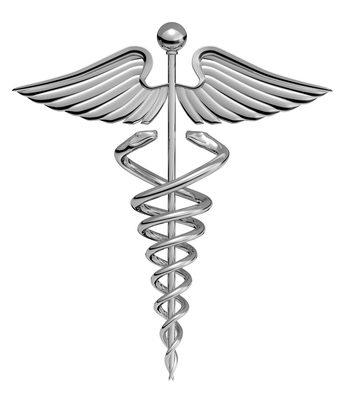Improving the health care system is only possible through integrating innovative technology solutions into patient care processes. The field of health informatics combines the power of information science and data management in order to improve health care organizations. Research shows that the health informatics salary of graduates with master’s degrees averages $66,000 per year.
Curriculum Choices
Master’s in health informatics degree programs will offer advanced electives for students, whose careers will financially benefit from specialized knowledge. A class on medical vocabularies teach health care terminologies and classification systems. Knowing this will help graduates better understand and effectively manage health care data. A course on health care data analysis will provide integrated overviews of data analysis and collection methodologies. Students will learn the techniques needed to develop efficient systems that properly manage the development life cycle.
Alternatively, a class on cognitive science in health informatics will introduce students to how cognitive science, which studies how the mind processes information, applies to the field of health informatics. The principles of cognitive science have applications for health care platform interfaces and decision support systems.
Career Choices
Not all graduates with a master’s in health informatics will start working in IT or management. One of the most common entry-level jobs is a health informatics specialist. Although their duties resemble informatics nurses, they implement and manage information technology in healthcare settings. Some are responsible for educating staff and creating training procedures and documents for applicable systems. Others spend their time assisting staff and troubleshooting software programs that collect or transmit health care data. Some assist IT or risk managers with maintaining compliance with regulatory standards. Health informatics specialist start out earning approximately $41,000 per year, but the median salary is around $61,000 per year. The salaries for health informatics specialists tops at $91,000 per year.
Career Advancement
After gaining expertise in the field of health informatics operations, many individuals go on to work in specialized jobs. Health informatics executives or senior administrators oversee the analysis and interpretation of clinical data and health care consumer information. They strategically design and implement health information systems and oversee key operational management areas. Some of these professionals will focus on improving business operations and coordinating quality activities. Those who work in the insurance or pharmaceutical industries will have very intense data management responsibilities. For pharmaceuticals, these health informatics experts will apply sophisticated data assessments to clinical trials, but for insurance companies, they will review aggregate clinical data to that influences insurance rates and policies. Health informatics professionals with higher degrees may even work in health care consulting firms.
As a final note, students who want to dedicate their careers to health informatics may choose to pursue a doctorate degree. A doctor of philosophy in health informatics degree will cover biomedicine algorithms, consumer informatics and knowledge modeling. They will also cover public health reporting and advanced database concepts. As professionals gain more education and experience, their health Informatics salary will naturally increase.
